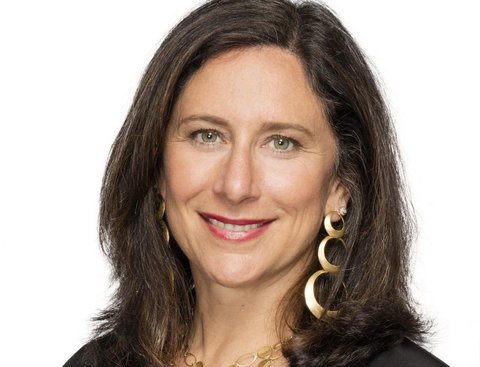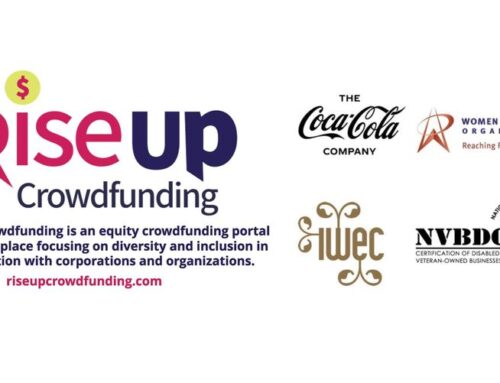Women have a deepening interest in investing in women entrepreneurs because of the personal connection they feel.
by Geri Stengel for ForbesWomen
photo: Holly Ruxin, CEO & Founder Montcalm MONTCALM
Contrary to popular opinion women are in charge of their investment portfolios and often feel neglected by wealth management firms, writes Kerry Hannon, a Forbes contributor. These firms are only recently waking up to the opportunity that women entrepreneurs and investors present. Over the next 30 to 40 years, $30 trillion in assets will pass from boomers to their heirs in the US, according to Accenture. Women will be the primary beneficiaries.
Among U.S. and Canadian high-net-worth women, 84% are fully or partially responsible for the family investment portfolio, according to RBC Wealth Management’s Wealth Transfer Report 2017. Female clients are demanding investment opportunities in companies that are committed to environmental, social and governance (ESG) criteria. And those making a positive social impact, according to 2018 Insights on Wealth and Worth conducted by U.S. Trust. The economy is also giving women the jitters. What goes up must come down.
Women want to use their financial muscle to advance women. This is consistent with anecdotal evidence found in Harness the Power of the Purse: Winning Women Investors by Andrea Turner Moffitt. Women have a deepening interest in investing in women entrepreneurs because of the personal connection they feel.
Until recently, opportunities to invest in private companies were limited to accredited investors — wealthy people — who become angel investors. This type of investing takes a lot of time and effort, as well as a significant financial commitment, to be successful. This is according to Marianne Hudson, a Forbes contributor, angel investor, and Executive Director of the Angel Capital Association (ACA).
Female founders are making it easier with companies like Porfolia, which allows accredited investors to invest in a diversified group of female-founded companies. Other companies, such as CNote and Worthy, allow the general public to invest in small businesses.
Holly Ruxin fell in love with capital markets when she realized that they got money into the hands of people that needed it. She began her career at Goldman Sachs in the fixed income derivatives division, where she learned about risk management, complex derivatives, and fixed income products. When she realized that capital markets had become about using computerized models to make as much money as possible, she became disenchanted and moved into wealth management.


